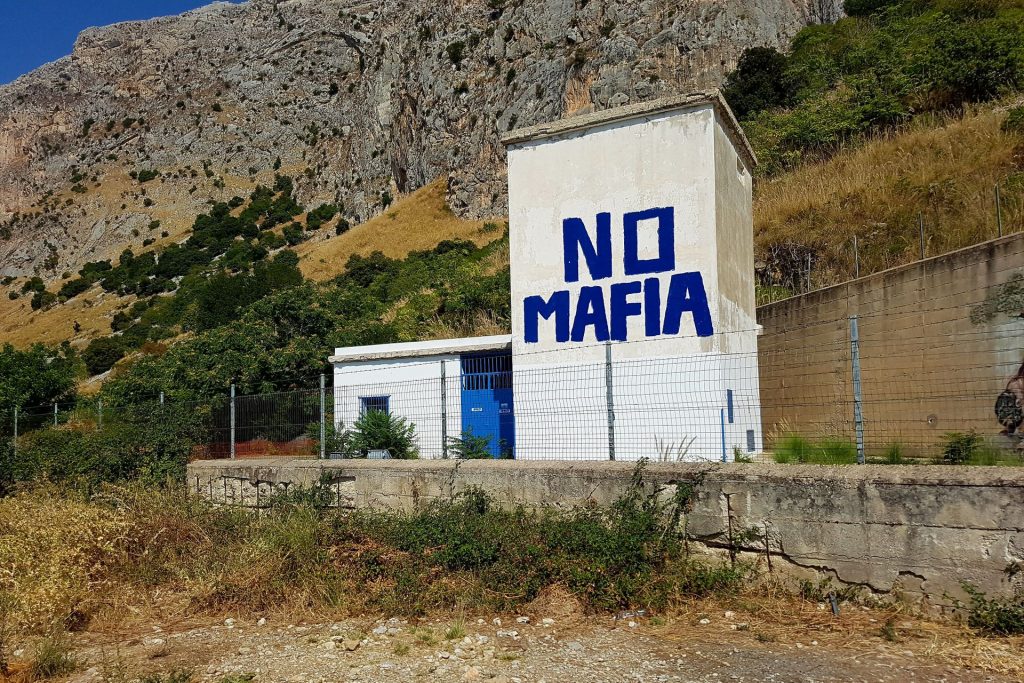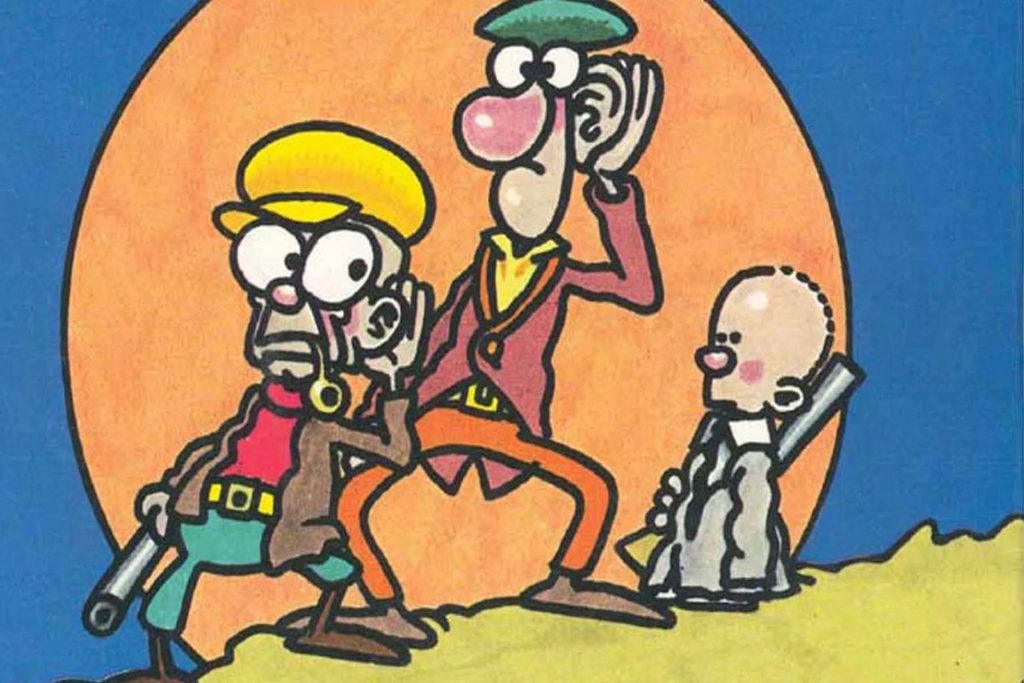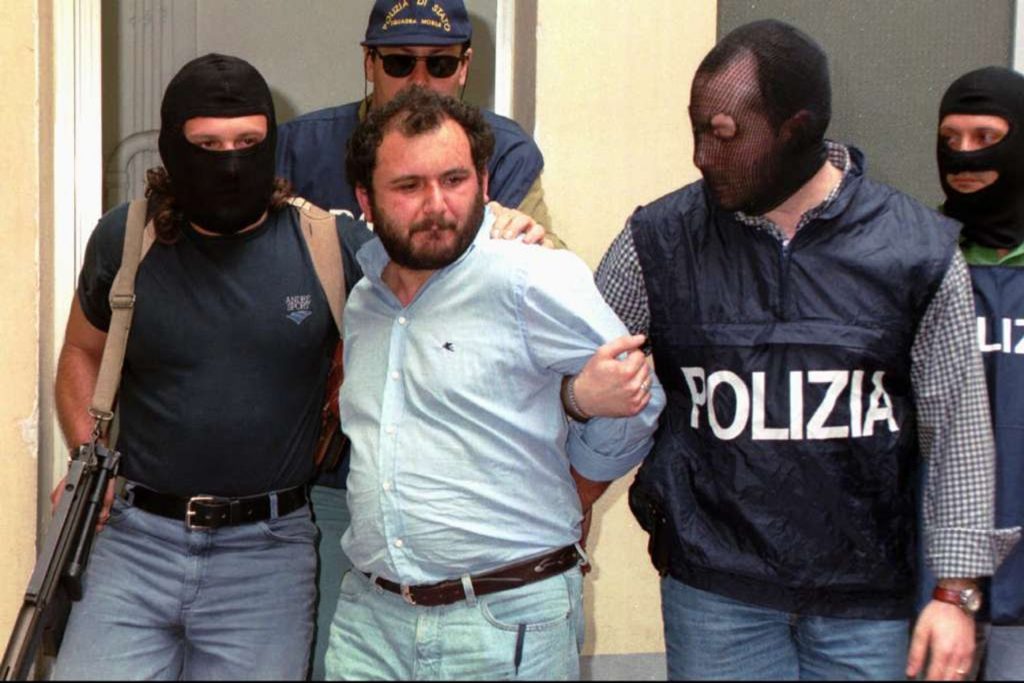So the emergency in Italy has become a perennial normality
In the Peninsula, exceptional measures seem to take on more and more the nature of everyday life, so much so that we get used to (over)living in an “eternal unforeseen”
Italy is the country of pizza, mandolin and, it seems, of emergency. Any historical phenomenon, any political situation, any critical phase, for Italians takes on the character of a moment of emergency and, as such, is described and dealt with.
It is a way of operating that, perhaps, derives from the feeling of precariousness that, for centuries, has characterized the inhabitants of the Peninsula: or else it is the fruit of an all-Italian way of always entrusting one’s future to others, so much so that one ends up not planning or caring about it. The fact is that Italy relies on emergencies.
The health emergency is still ongoing and does not allow us to make historical judgments. However, in many other areas of national life, we can see how an emergency has turned into a practice, with a slow but implacable mechanism.
A century and a half of incorrigible “southern question”
When the real problem is not the “how much” but the “why”

That abuse of “Decreti Leggi” for fear of strong Governments
Let’s take the age-old question of Italian ungovernability: for fear of a too strong Executive, in 1948, the Constitution foresaw it as too weak and paralyzed by a long and complicated legislative process.
The solution, all’italiana, was to use the Decree Law, or an instrument created for cases of necessity and urgency, as a normal legislative process: an operation as shrewd as unconstitutional. But no one found fault with it, since, sooner or later, it would have been everyone’s turn to govern.
If we want to choose, instead, an example closer to us in time, it is enough to cite the release of Giovanni Brusca.
After twenty-five years, the mafia boss has been released from jail, despite more than one hundred and thirty confessed murders, by virtue of a law rewarding those who had significantly helped justice in the fight against the mafia: a law similar to the one that allowed, at the time, to defeat terrorism.
Today, a lot of people are tearing their hair out and barking against the blatant injustice of the measure: and this is explained by the ferocity and the criminal level of the mafia.
Don’t ask us for words: in Italy we no longer have any…
One hundred and sixty years of Italy, not even one of federalism …

A law desired by Falcone, but is there still an “emergency”?
However, we forget that that law was wanted by Giovanni Falcone, who was then killed by Brusca himself, and represented a sort of wicked pact between the State and the Anti-State, stipulated in a situation of absolute emergency.
A situation that no longer exists: however, the law has remained, it has become practice and allows people like the murderer of the famous magistrate to take advantage of it.
“Pacta sunt servanda”, but up to a certain point. And so it is for the hydrogeological instability as for the economy, for the school as for safety at work: all emergencies that have lasted for decades, stainless, unbreakable.
The sensation, for an Italian a little less mandolinaro of the national average, is that one to dance perpetually on the edge of the crater of a volcano.
I am reminded of a bitter comment by Andrea Pazienza to Pertini’s apophthegm: “Italians are an exceptional people”! And the “Paz” replied: “It would be enough for me if they were a normal people!”
What if Soccer is the most reliable social marker?
Even a wrong idea of State can generate holocausts







